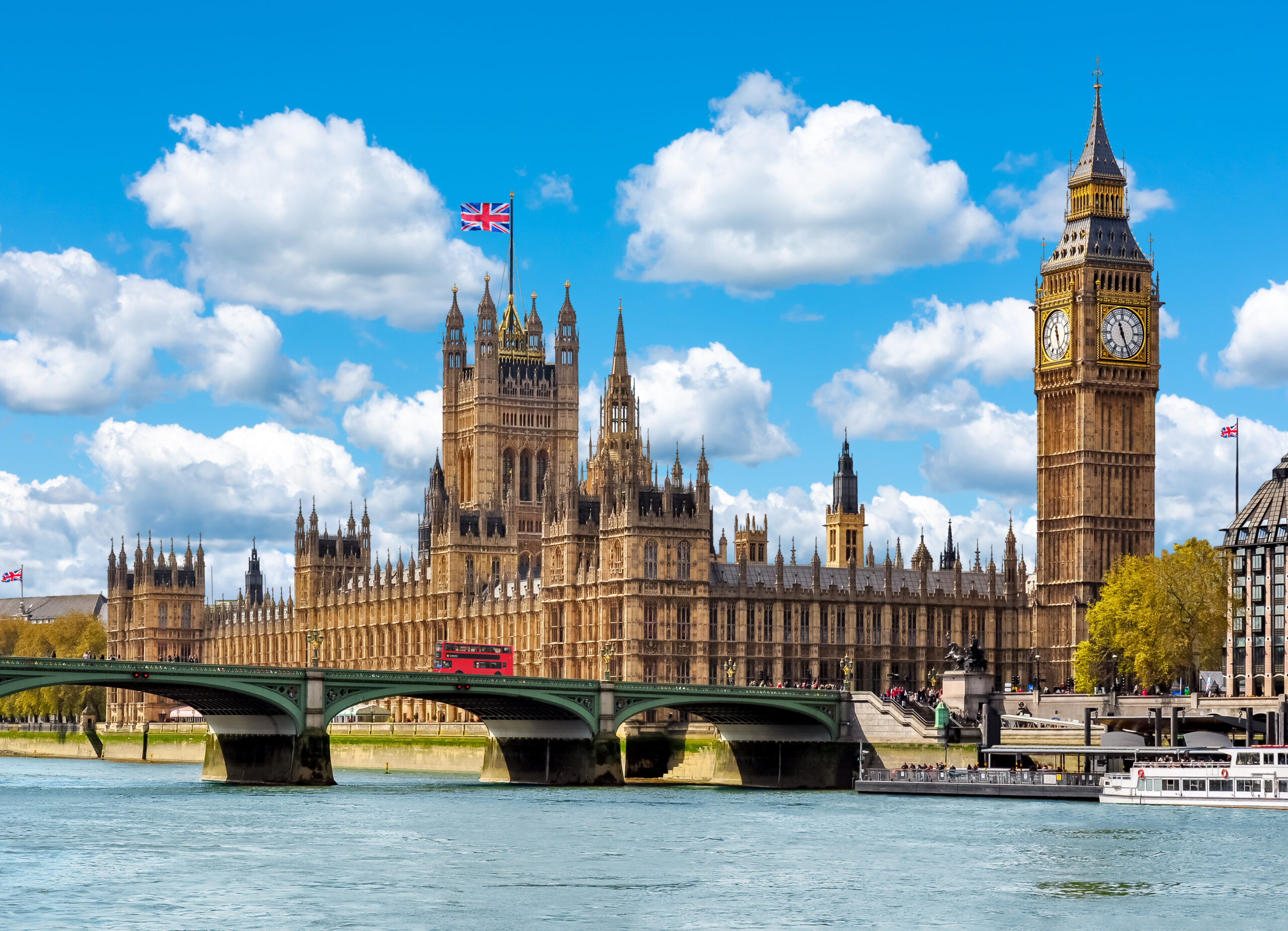This morning, UK financial markets have displayed a muted but positive reaction to the Labour Party’s landslide victory, with the FTSE 100 up 0.3% and the pound also eking out gains. The anticipated win, foreshadowed by Labour’s significant lead in the polls, has led to a calm and optimistic outlook for the future.
Despite the seismic shift in the political landscape, UK markets have collectively shrugged off concerns about a Labour government. Under the leadership of Keir Starmer and Rachel Reeves, Labour has shown a clear understanding of what is required to keep financial markets onside and make the UK a more attractive place for investment. Their pragmatic approach, in stark contrast to former leaders Jeremy Corbyn and Neil Kinnock, has been welcomed by investors and businesses alike.
The markets’ reaction indicates comfort with the expected result, buoyed by Labour’s commitment to mainstream policies. Given this non-offensive policy approach, investors are hopeful that it will offer greater stability for markets following numerous changes in leadership. This potentially marks an end to recent periods of policy-induced market turmoil, such as the 2022 Mini-Budget debacle.
In the coming weeks and months, the focus will shift to Labour’s policy measures as they are fully fleshed out and implemented. Investors remain hopeful for a prosperous future, banking on the new government’s ability to steer the economy towards growth.
However, what matters more for UK equities today is this afternoon’s US employment data release. This data could prompt Federal Reserve policymakers to start reducing US interest rates. Unemployment rate, average earnings, non-farm payrolls, and the participation rate are all due later today. A favourable US jobs report could influence Federal Reserve policymakers to reduce interest rates, potentially boosting global markets and enhancing the already positive sentiment in the UK.
As Labour prepares to take the reins, the initial market reactions suggest confidence in the new leadership’s ability to navigate the economic challenges ahead, fostering a stable and attractive investment climate in the UK.
Kate Mimnagh, Portfolio Economist


